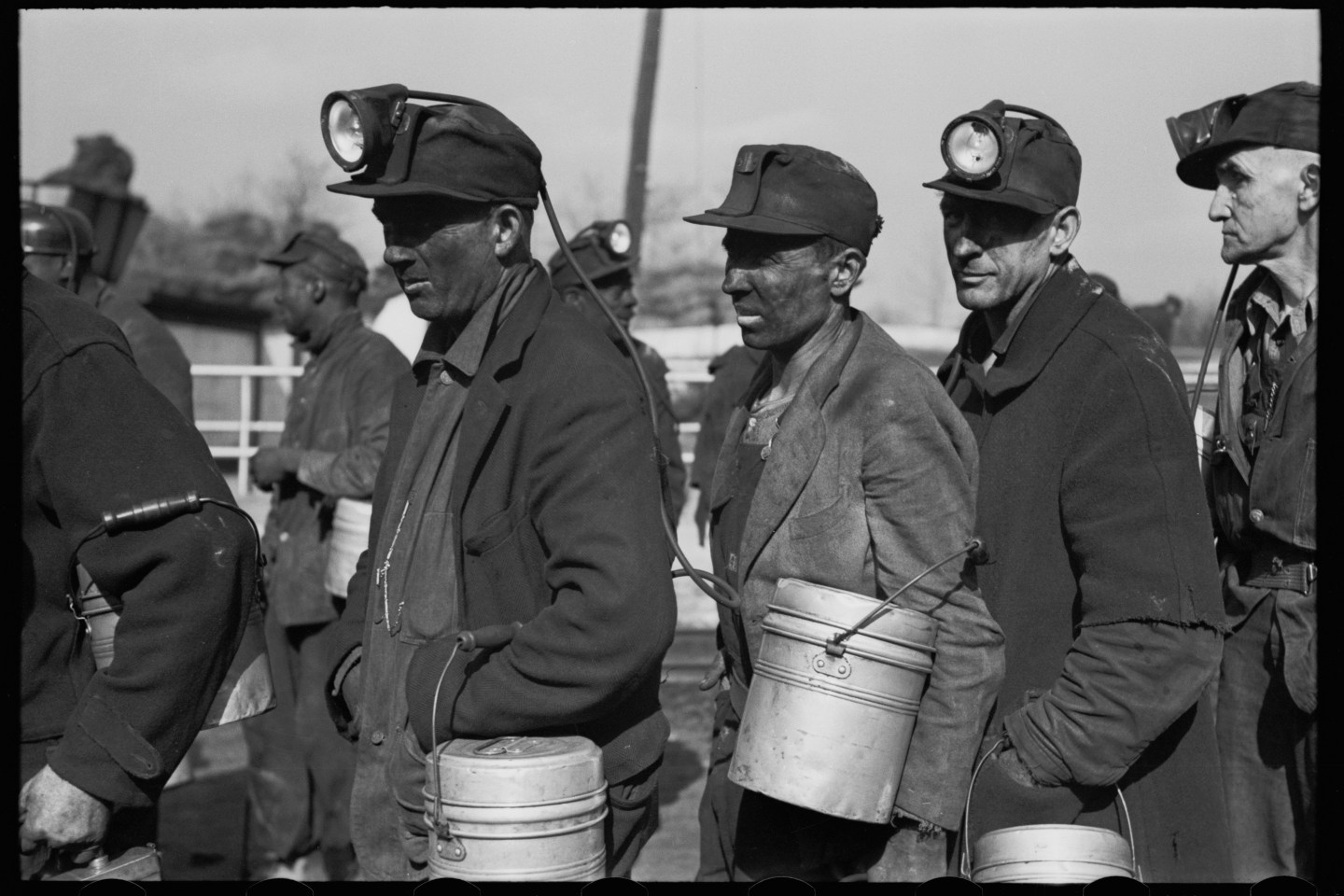Retail politics can quickly become a master class in microaggression management, my colleague Jonathan Vanian finds. What takeaway can senior leaders get from people who need “face time” to get their message out?
Business leaders could learn a lot about race from politicians, especially lawmakers of color.
Like politicians, the life of younger executives can involve a lot of public appearances, schmoozing, and yes, politicking to rise to the top of the corporate ladder. And for Black, Hispanic, and other executives of color, the mere fact that their skin tone may be a different hue from their audience, invites a unique kind of public scrutiny that their white counterparts may not receive — particularly those who have made it to the top spots.
Take Jennifer Riley Collins, a Black former executive director of the Mississippi chapter of the American Civil Liberties Union who ran an unsuccessful campaign in 2019 to be elected Attorney General of Mississippi.
Collins shared her experience running for office as a Black woman during a recent online panel about overcoming racial bias hosted by the She Should Run non-profit, which helps women from all backgrounds prepare for a life in public service. She discussed some of the routine microagressions hurled her way that I’m sure feels familiar for any person of color. These microaggressions, whether intentional or unintentional, hit hard like insults to the person they’re directed at, she explained.
“Oh wow, you speak so well—you’re articulate,” Collins said of one familiar microaggressions lobbed her way on the campaign trail. This “compliment” is based on the persistent and ugly premise that Black Americans are likely to be incoherent and insufficient.
Collins suggested a clever way she learned to respond to this particular microaggression that’s intended to make the person think a bit harder about the way they phrased their praise.
“Yeah, and so are you,” she says.
Turning the tables in this instance could have the effect of making the person question why they said what they said, Collins explained. It also shows that the person on the receiving end of the offensive comment “aren’t just going to walk out the room with something having landed on poorly.”
Collins also said that “sometimes microaggressions come within our own people we identify with.” During her campaign, some well-meaning Black woman pointed out that Collins was “showing up as an angry Black woman, honestly because I challenged a white man,” Collins said.
In this case, Collins said she “embraced” the notion.
“I used it as a talking point,” she said. “I am a woman, I am Black, and I am angry. I’m angry when children are going to school in an unfunded education system. I’m angry when I see a dead 23-year-old dead in the ground because we refused to extend Medicare in our state.”
This approach, she said, “caused people to step back, but it also caused people to think.”
Jonathan Vanian
@JonathanVanian
jonathan.vanian@fortune.com
On point
Most real estate appraisers in the U.S. are white. What could go wrong? A spate of news stories have revealed an ugly pattern: white appraisers routinely offer higher assessments of a property when they believe the owner is white, or worse, lower assessments of valuable property found in Black communities. The implications are profound, but this piece helps explain why fewer than 2% of the 85,000 professional appraisers are Black. Becoming an appraiser requires mentorship and professional experience, turning it into a gated community that has controls the entry. The onus of finding a mentor is on the student, which has generally led the industry to become intergenerational and homogeneous. It's caused a bottleneck preventing diverse talent from breaking in, explains Jillian White, one of the industry’s few Black certified appraisers.
NBC News
Mastercard Foundation donates $1.3 billion to pandemic response across Africa The cash infusion is just in time as countries across the continent struggle in ways it did not in the earliest waves of the coronavirus. “Ensuring equitable access and delivery of vaccines across Africa is urgent,” Reeta Roy, the foundation’s chief executive, said in a statement. “This initiative is about valuing all lives and accelerating the economic recovery of the continent.” Fewer than 2% of people across the continent have received at least one dose of a coronavirus vaccine, and the situation is dire. “We’ve all during this pandemic acknowledged that Africa is lagging behind — and lagging behind seriously — in the battle against this very deadly disease,” John Nkengasong, director of the Africa Centers for Disease Control, said in a press conference. “We believe that this partnership will enable us to … win the current battles, but prepare for the next battle.”
Washington Post
Kim’s inconvenience Kim’s Convenience, the popular and now-cancelled Asian Canadian sitcom about a family-owned grocery, has been going through some things behind the scenes. This week, star Jean Yoon tweeted a long thread about the lack of authentic voices in the writer’s room as the main issue. “Dear sir, as an Asian Canadian woman, a Korean-Canadian woman with more experience and knowledge of the world of my characters, the lack of Asian female, especially Korean writers in the writers room of Kims made my life VERY DIFFICULT & the experience of working on the show painful,” she said. Her feedback cuts to the bone. Her co-star, Simu Liu, also published a similarly damning statement. “[T]he show’s predominantly white producers mined Korean culture and its cast of Korean characters to create an increasingly inauthentic pantomime of the Korean Canadian experience,” says culture writer Jenn Fang. The series was originally based on a play by playwright Ins Choi.
Reappropriate
Alabama miners have been on strike for over two months Did you know? While the story seems to be under-covered across the board, it offers an important look at the heritage, culture, and problems of rural mining communities through a modern lens of union organizing, contract negotiation, and worker rights. A handful of miners were arrested at one recent protest, but the workers of Warrior Met Coal, which has emerged from a COVID-related financial downturn, are resolute. “We’re being peaceful during this,” White said. “We’re just standing together, waiting for the company to do the right thing. We produced ungodly amounts of coal for these guys, and it feels like we’re getting the shaft.”
Alabama.com
On background
Consuming news of racial violence is as harmful as you thought A growing body of research has long confirmed the harmful health effects of personal and systemic racism as experienced by people of color. But a new study in the Proceedings of the National Academy of Sciences USA shows that the news associated with racial violence — like viewing videos of George Floyd’s murder, or awaiting the verdict in the trial of Derek Chauvin — are harmful specifically to Black people. “We show that Black but not White Americans reported poorer mental health in weeks when two incidents of anti-Black violence occurred and when national interest was higher,” the researchers found. “Reducing racial violence, including police killings of Black individuals, is likely to benefit the mental health of Black Americans nationally.”
Scientific American
Rocking out with Tina Bell If grunge music had a godmother, it would be a badass dynamo named Tina Bell, the lead singer of the Seattle-based band, Bam Bam. No disaffected youth in long hair and plaid; Bell was Black, all day long. “The reason she is mostly unknown has everything to do with racism and misogyny,” explains Stephanie Siek. “Looking back at the beginnings of grunge, with the preconception that ‘everybody involved’ was white and/or male, means ignoring the Black woman who was standing at the front of the line.”
Zora
This edition of raceAhead was edited by Wandy Felicita Ortiz.
Today's Mood board













